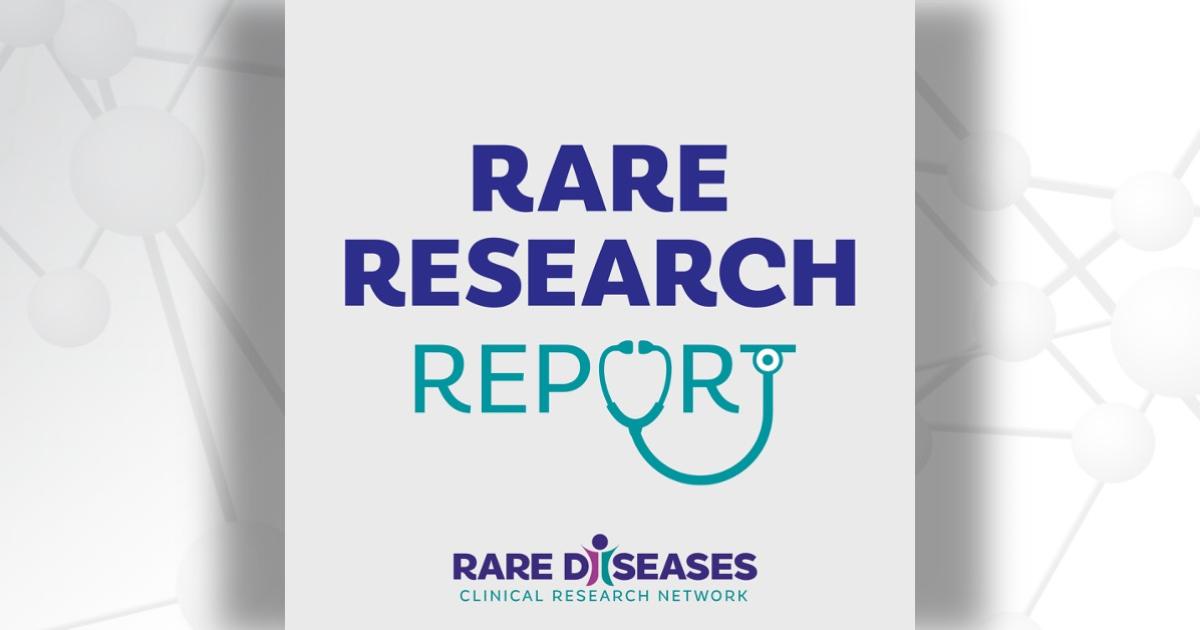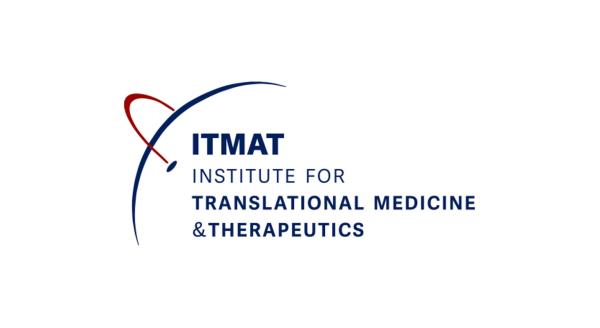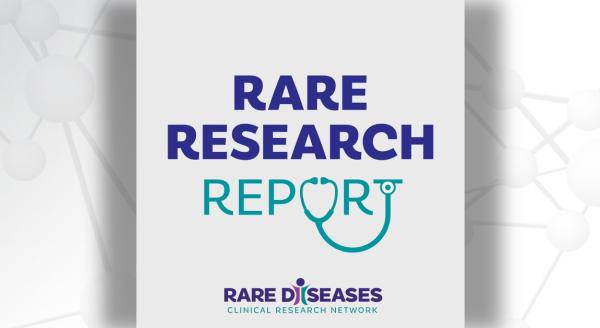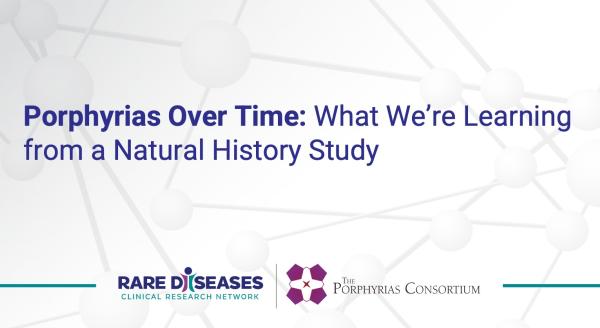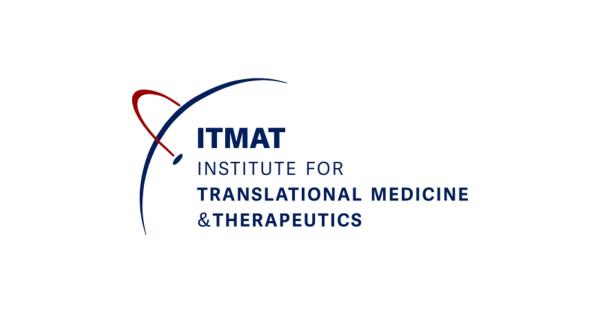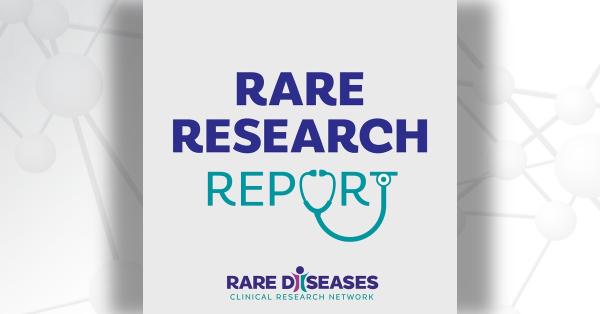Each month, we share summaries of recent Rare Diseases Clinical Research Network (RDCRN) grant-funded publications. Catch up on the latest RDCRN research below.
Jump to:
- Brittle Bone Disorders Consortium (BBDC)
- Genetic Disorders of Mucociliary Clearance Consortium (GDMCC)
- Global Leukodystrophy Initiative Clinical Trials Network (GLIA-CTN)
- Nephrotic Syndrome Study Network (NEPTUNE)
Listen to these summaries on the Rare Research Report podcast.
Brittle Bone Disorders Consortium (BBDC)
Osteogenesis imperfecta (OI) is a group of 21 rare, inherited disorders caused by 19 gene mutations resulting in fragile bones that break easily. The effectiveness of medications used for fracture reduction in adults with OI, as well as practice recommendations, are not well established.
In this review paper, researchers summarize current knowledge on pharmacologic treatment options for reducing fracture risk in adults with OI. In addition to manual searches of reference lists, the team performed a PubMed online database search of all study types published in the English language using the terms “osteogenesis imperfecta,” “OI,” and “brittle bone disease.”
Findings show that despite limited clinical trial data, bisphosphonate and teriparatide therapies may help improve bone mineral density in adults with OI. Authors state that further research is needed to develop medications for adults with OI that will lead to definite fracture rate reduction.
Liu W, Lee B, Nagamani SCS, Nicol L, Rauch F, Rush ET, Sutton VR, Orwoll E. Approach to the Patient: Pharmacological therapies for fracture risk reduction in adults with osteogenesis imperfecta. J Clin Endocrinol Metab. 2023 Jan 20:dgad035. doi: 10.1210/clinem/dgad035. Epub ahead of print. PMID: 36658750.
Genetic Disorders of Mucociliary Clearance Consortium (GDMCC)
Exploring the Role of HYDIN Variants in Primary Ciliary Dyskinesia
Primary ciliary dyskinesia (PCD) is a genetic disorder in which mucociliary clearance of the lungs is impaired. In the past two decades, more than 50 PCD-related genes have been discovered. However, most commercial genetic panels do not include variant analysis of the large, complex PCD gene HYDIN.
In this letter to the editor, researchers discuss a study of 28 patients in 21 families with probable but undiagnosed PCD from the PCD clinic at McGill University Health Centre in Montreal, Quebec, Canada. To investigate whether HYDIN played a role in these unsolved cases, the team utilized whole-exome sequencing and next-generation sequencing analyses.
Results show that pathogenic variants in HYDIN aided diagnosis in six of 21 families with previously unsolved PCD. These findings show that HYDIN variants are responsible for a large percentage of PCD in Quebec. Although it is not clear if increased HYDIN prevalence will be observed in populations outside of Quebec, authors state that transitioning to commercial panels that analyze HYDIN seems critical to accurately diagnose patients with PCD.
Shapiro AJ, Sillon G, D'Agostino D, Baret L, López-Giráldez F, Mane S, Leigh MW, Davis SD, Knowles MR, Zariwala MA. HYDIN Variants Are a Common Cause of Primary Ciliary Dyskinesia in French Canadians. Ann Am Thorac Soc. 2023 Jan;20(1):140-144. doi: 10.1513/AnnalsATS.202203-253RL. PMID: 36112114; PMCID: PMC9819264.
Global Leukodystrophy Initiative Clinical Trials Network (GLIA-CTN)
Hereditary spastic paraplegia (HSP) is a group of neurodegenerative disorders that primarily affect the upper motor neurons. In the nervous system, a diverse family of lipids called sphingolipids play a critical role in structural and signaling functions. The synthesis of sphingolipids is regulated by the protein SPTSSA.
In this study, researchers identified three children with a complex form of HSP. The team used exome sequencing to discover two different disease-causing variants in the SPTSSA gene. Next, they investigated the effects of these variants on sphingolipid synthesis.
Findings showed that the variants in SPTSSA caused excessive sphingolipid synthesis, leading to HSP. Authors note that these findings provide a better understanding of the elevated sphingolipid synthesis involved in progressive neurodegenerative diseases.
Srivastava S, Shaked HM, Gable K, Gupta SD, Pan X, Somashekarappa N, Han G, Mohassel P, Gotkine M, Doney E, Goldenberg P, Tan QKG, Gong Y, Kleinstiver B, Wishart B, Cope H, Pires CB, Stutzman H, Spillmann RC; Undiagnosed Disease Network; Sadjadi R, Elpeleg O, Lee CH, Bellen HJ, Edvardson S, Eichler F, Dunn TM. SPTSSA variants alter sphingolipid synthesis and cause a complex hereditary spastic paraplegia. Brain. 2023 Jan 30:awac460. doi: 10.1093/brain/awac460. Epub ahead of print. PMID: 36718090.
Nephrotic Syndrome Study Network (NEPTUNE)
Chronic kidney disease (CKD) is a condition characterized by a loss of kidney function over time. Although there can be many causes of CKD, most involve fibrosis, where tissue in the kidneys becomes hardened and scarred. Methods to treat fibrosis in CKD remain limited. However, fibrinogen-like 2 (FGL2)—a protein involved in immune and T-cell function—was recently found to be associated with fibrosis in a mouse model of kidney damage, making it a potential therapeutic target in CKD.
In this study, researchers investigated the association of FGL2 gene expression with kidney function and disease outcomes in patients with CKD and healthy controls. The team also assessed the localization of FGL2 in kidney biopsies of CKD patients and identified regulators of FGL2 gene expression in renal tissue.
Results show that renal FGL2 mRNA expression was elevated in patients with CKD. Higher FGL2 levels were also associated with fibrosis and worse outcomes. Authors note that these findings suggest an important role of FGL2 in human CKD and fibrosis.
Denicolò S, Nair V, Leierer J, Rudnicki M, Kretzler M, Mayer G, Ju W, Perco P. Assessment of Fibrinogen-like 2 (FGL2) in Human Chronic Kidney Disease through Transcriptomics Data Analysis. Biomolecules. 2022 Dec 31;13(1):89. doi: 10.3390/biom13010089. PMID: 36671474; PMCID: PMC9855364.
The Rare Diseases Clinical Research Network (RDCRN) is funded by the National Institutes of Health (NIH) and led by the National Center for Advancing Translational Sciences (NCATS) through its Division of Rare Diseases Research Innovation (DRDRI). Now in its fourth five-year funding cycle, RDCRN is a partnership with funding and programmatic support provided by Institutes, Centers, and Offices across NIH, including the National Institute of Neurological Disorders and Stroke, the National Institute of Allergy and Infectious Diseases, the National Institute of Diabetes and Digestive and Kidney Diseases, the Eunice Kennedy Shriver National Institute of Child Health and Human Development, the National Institute of Arthritis and Musculoskeletal and Skin Diseases, the National Heart, Lung, and Blood Institute, the National Institute of Dental and Craniofacial Research, the National Institute of Mental Health, and the Office of Dietary Supplements.

